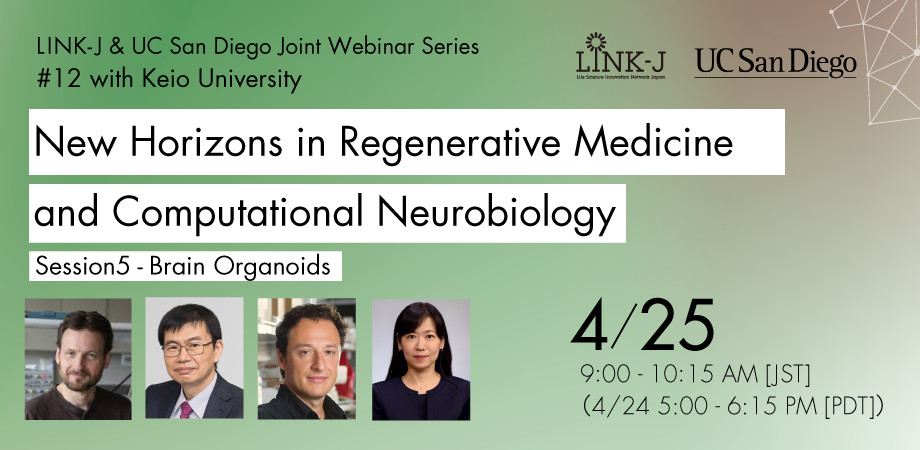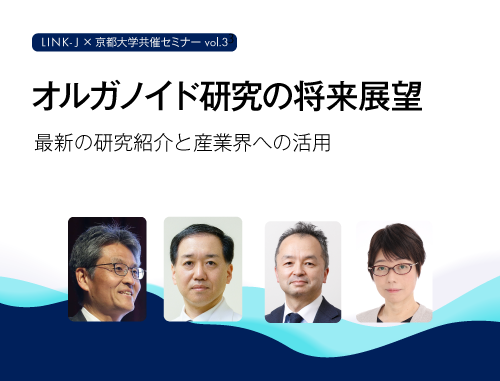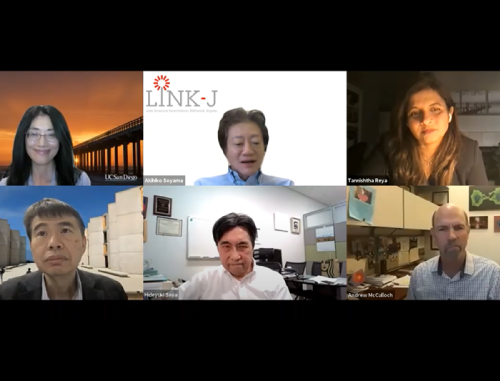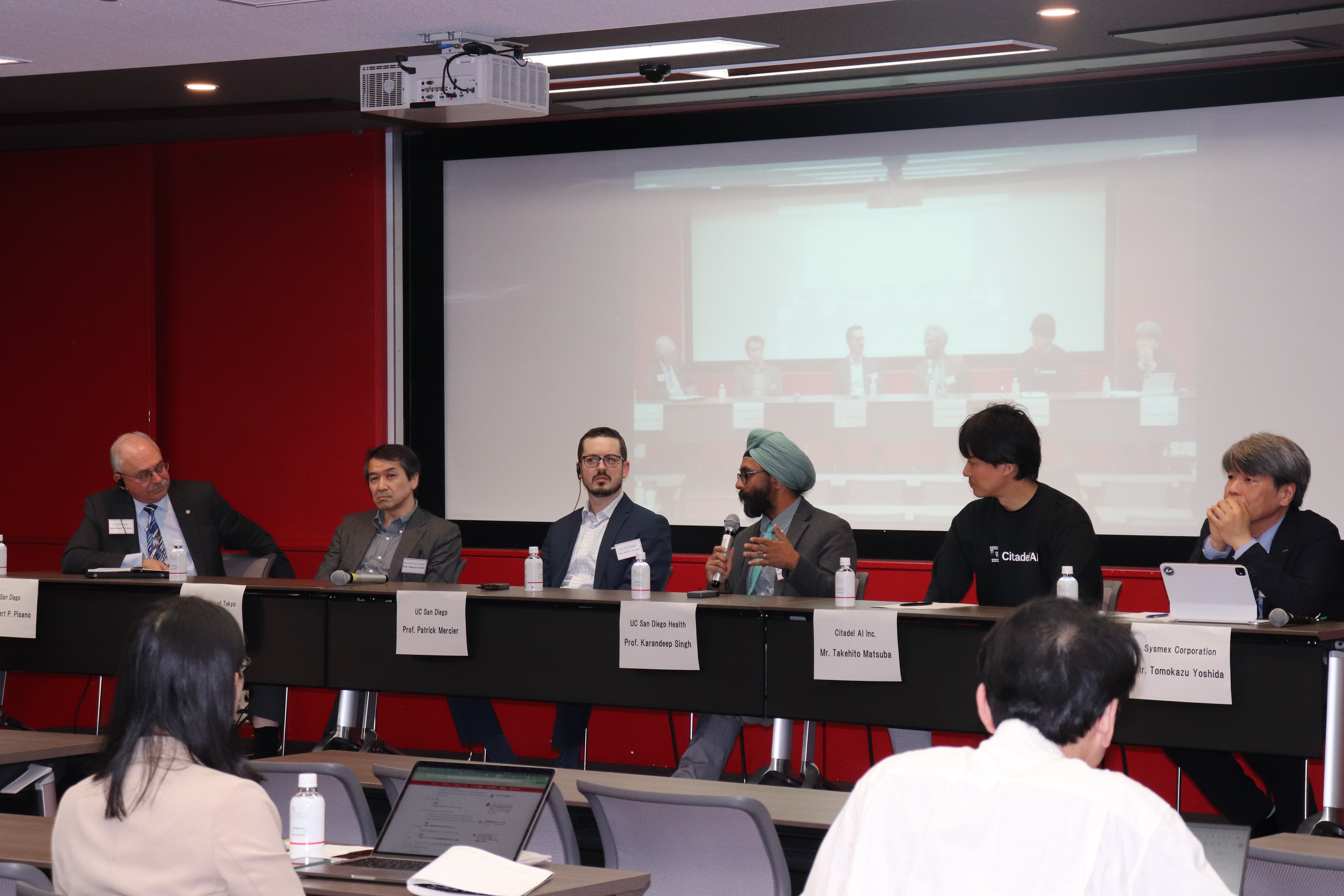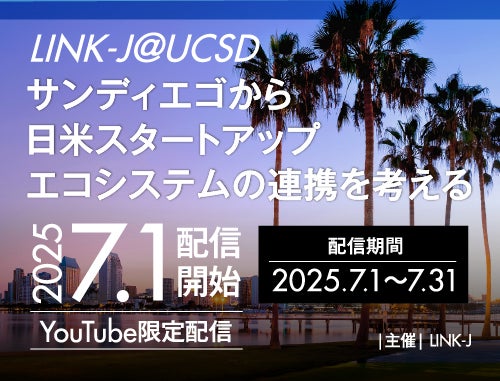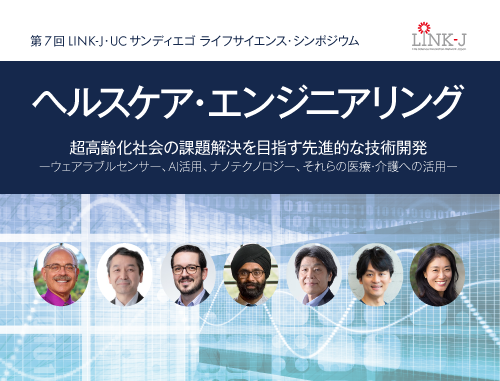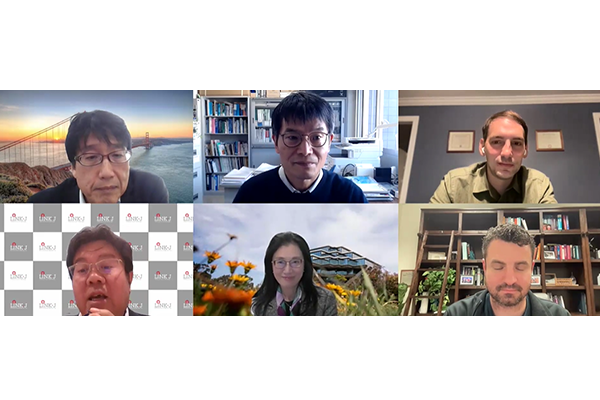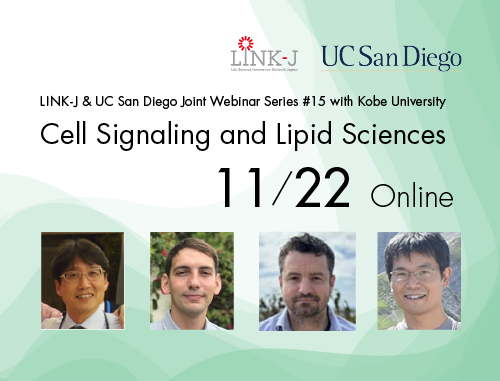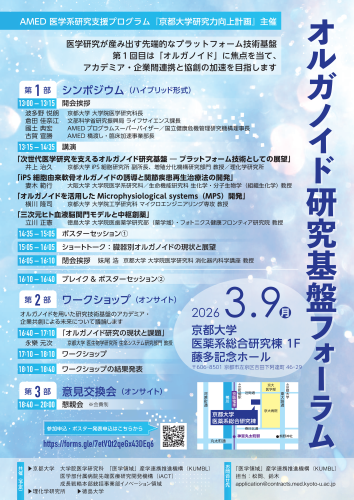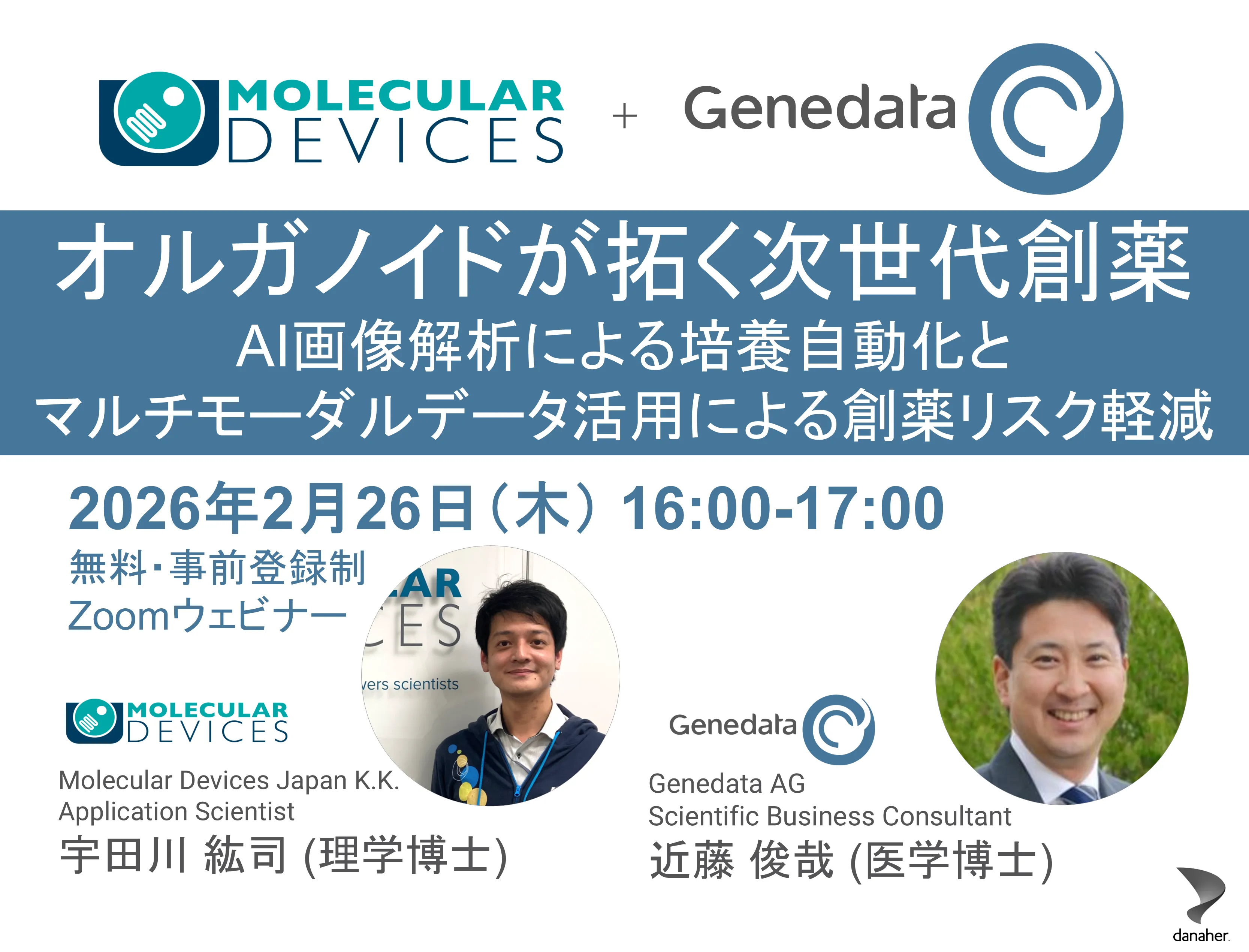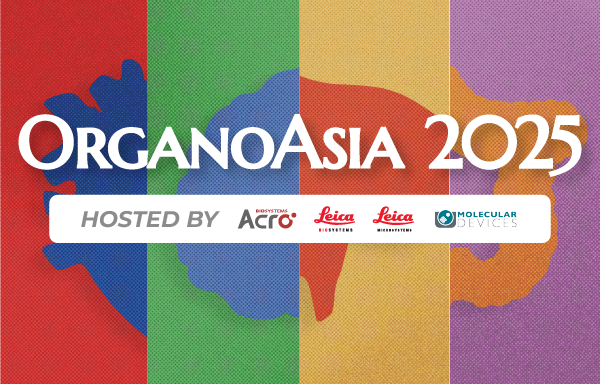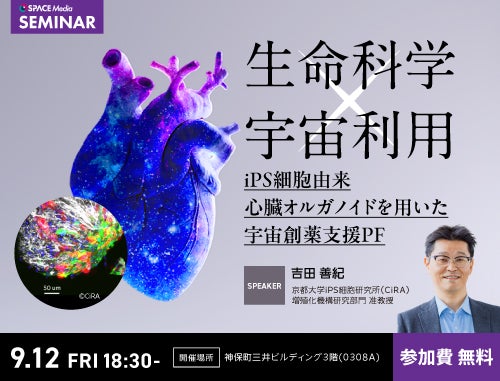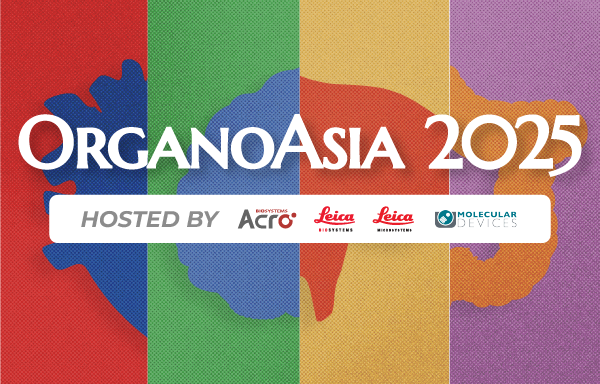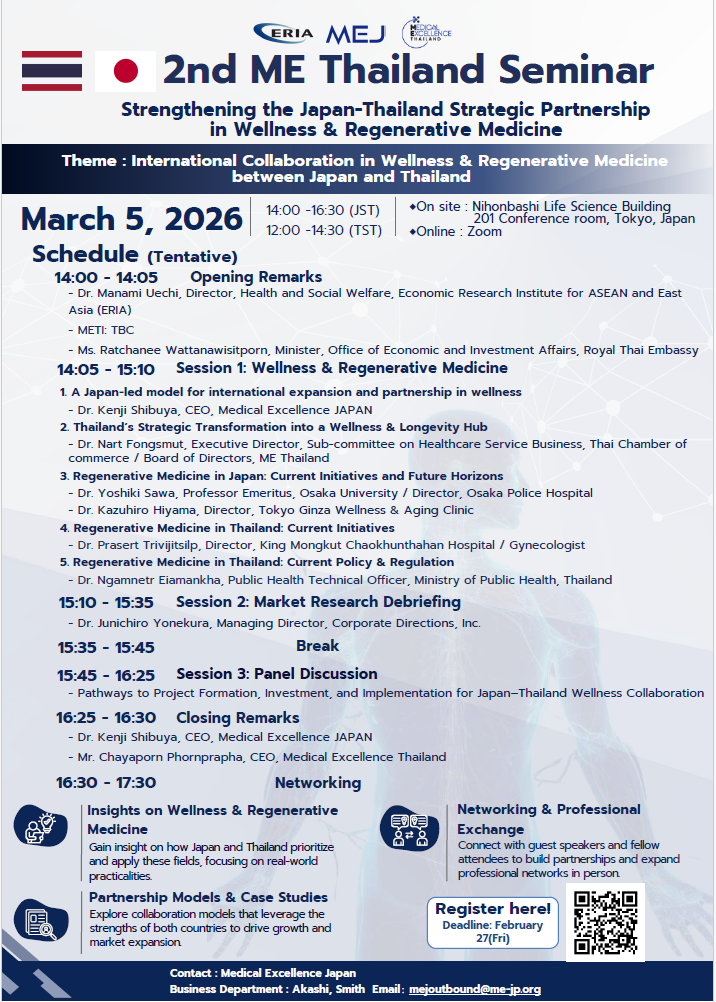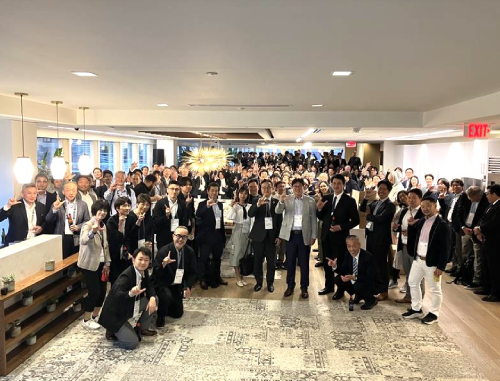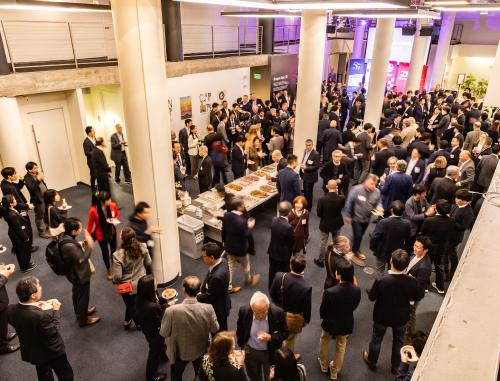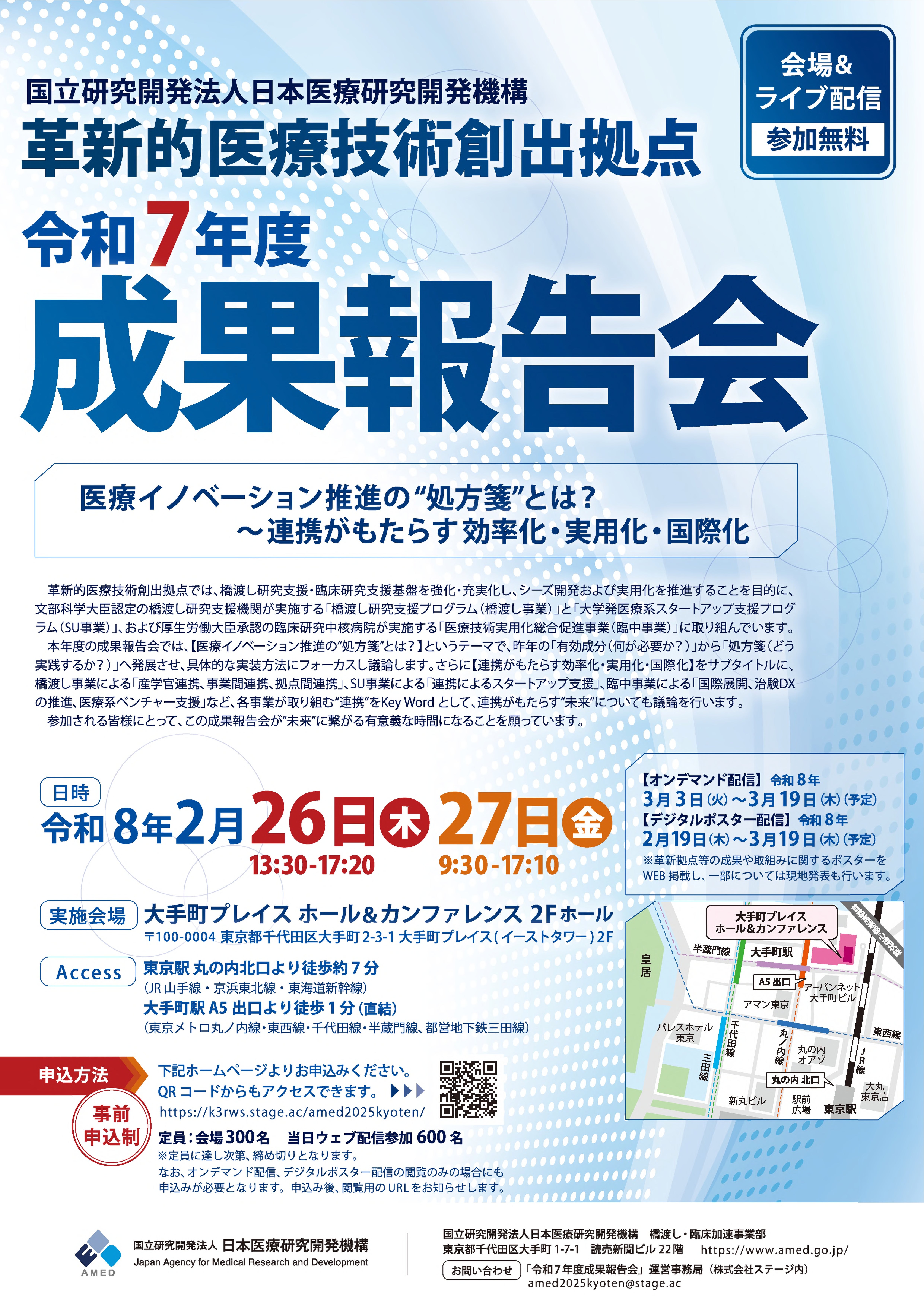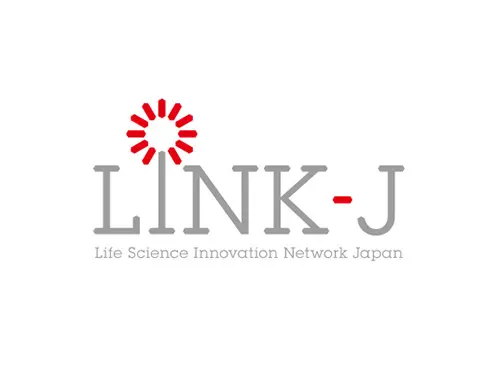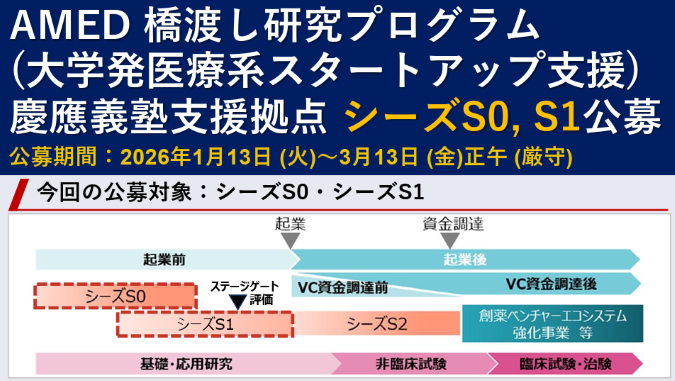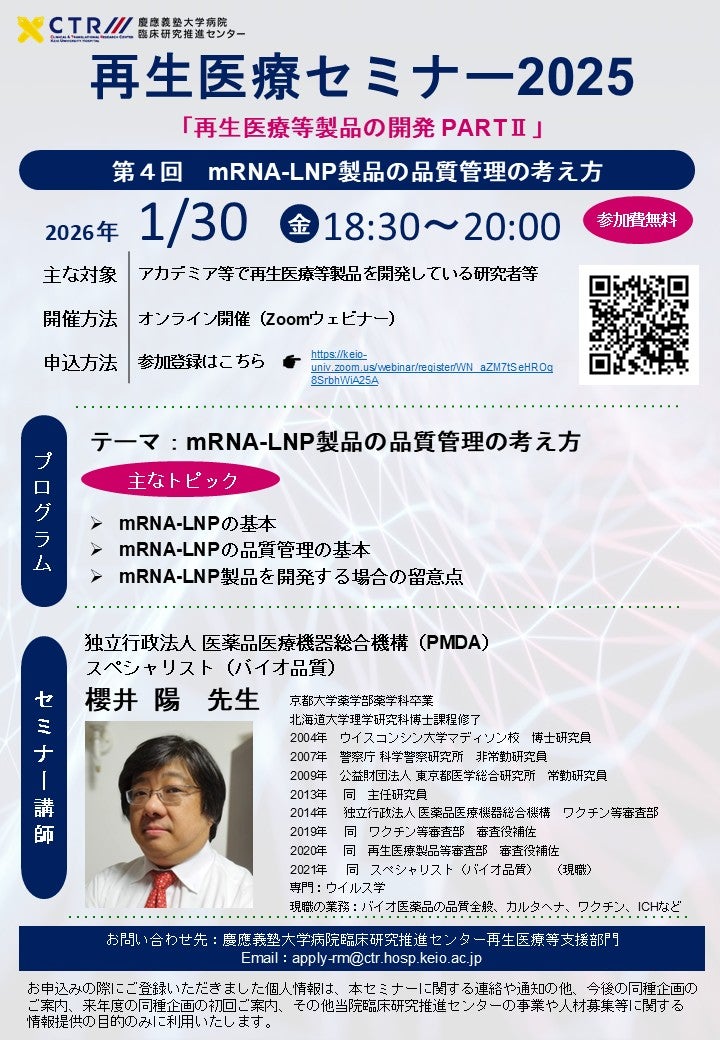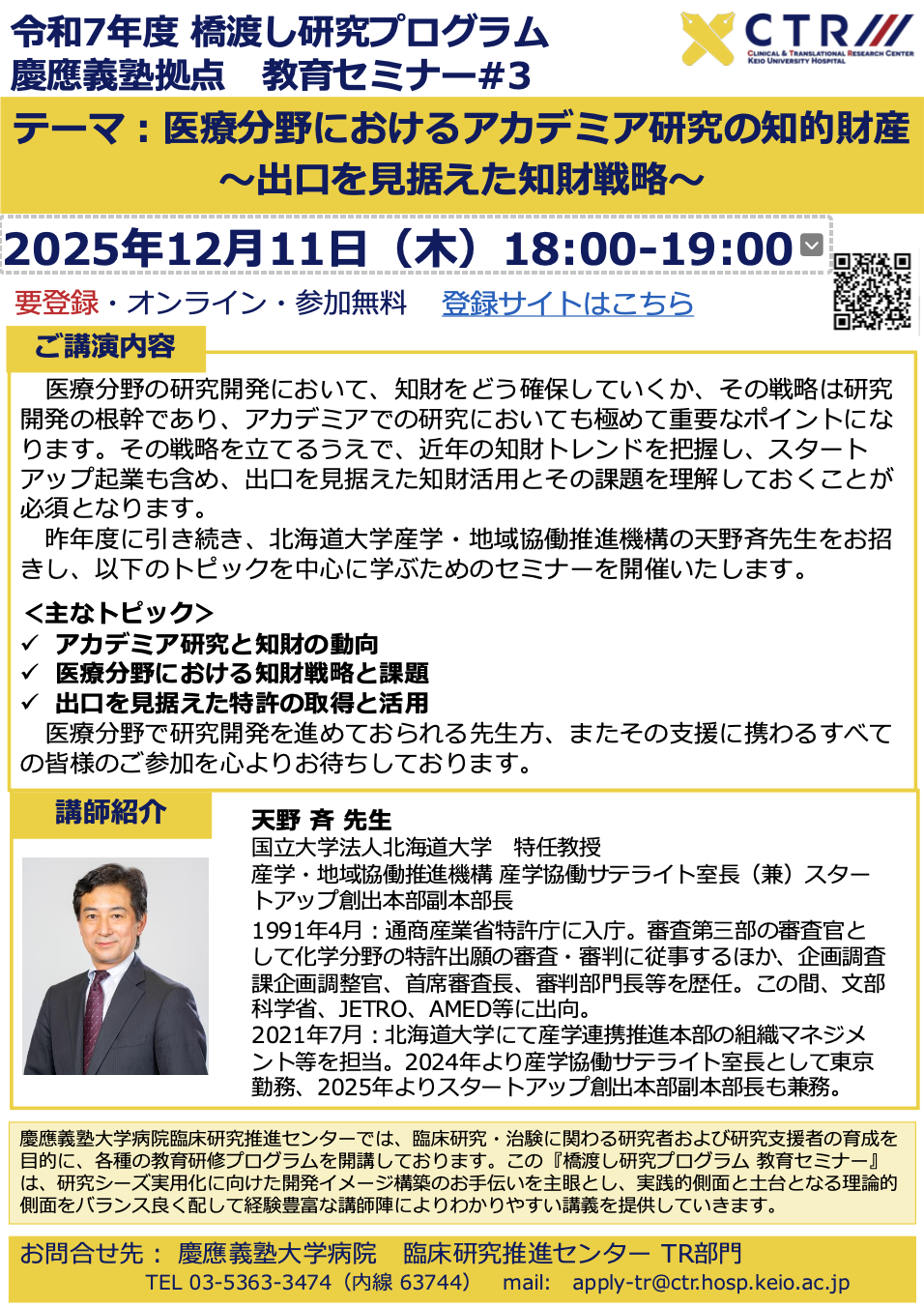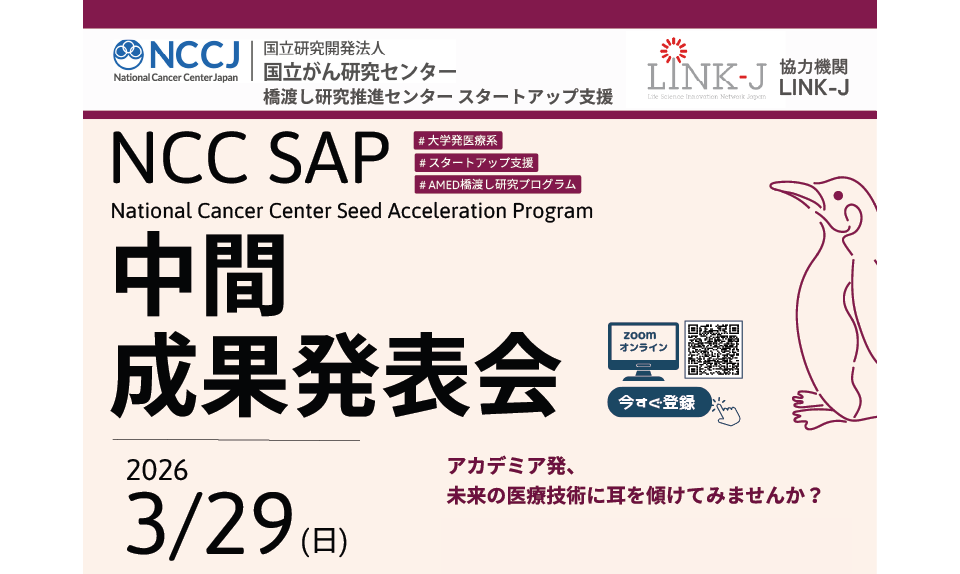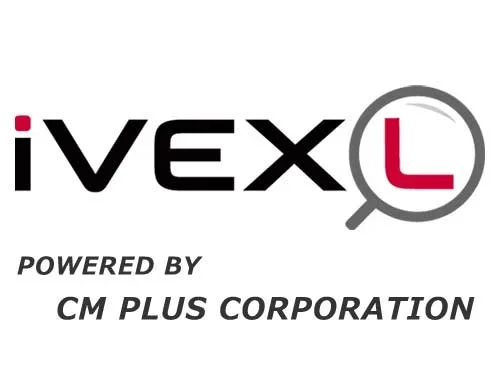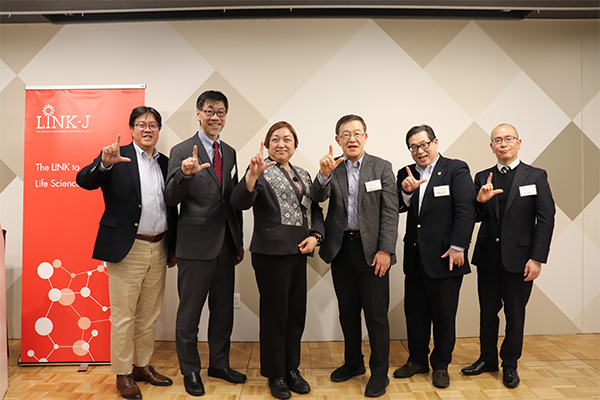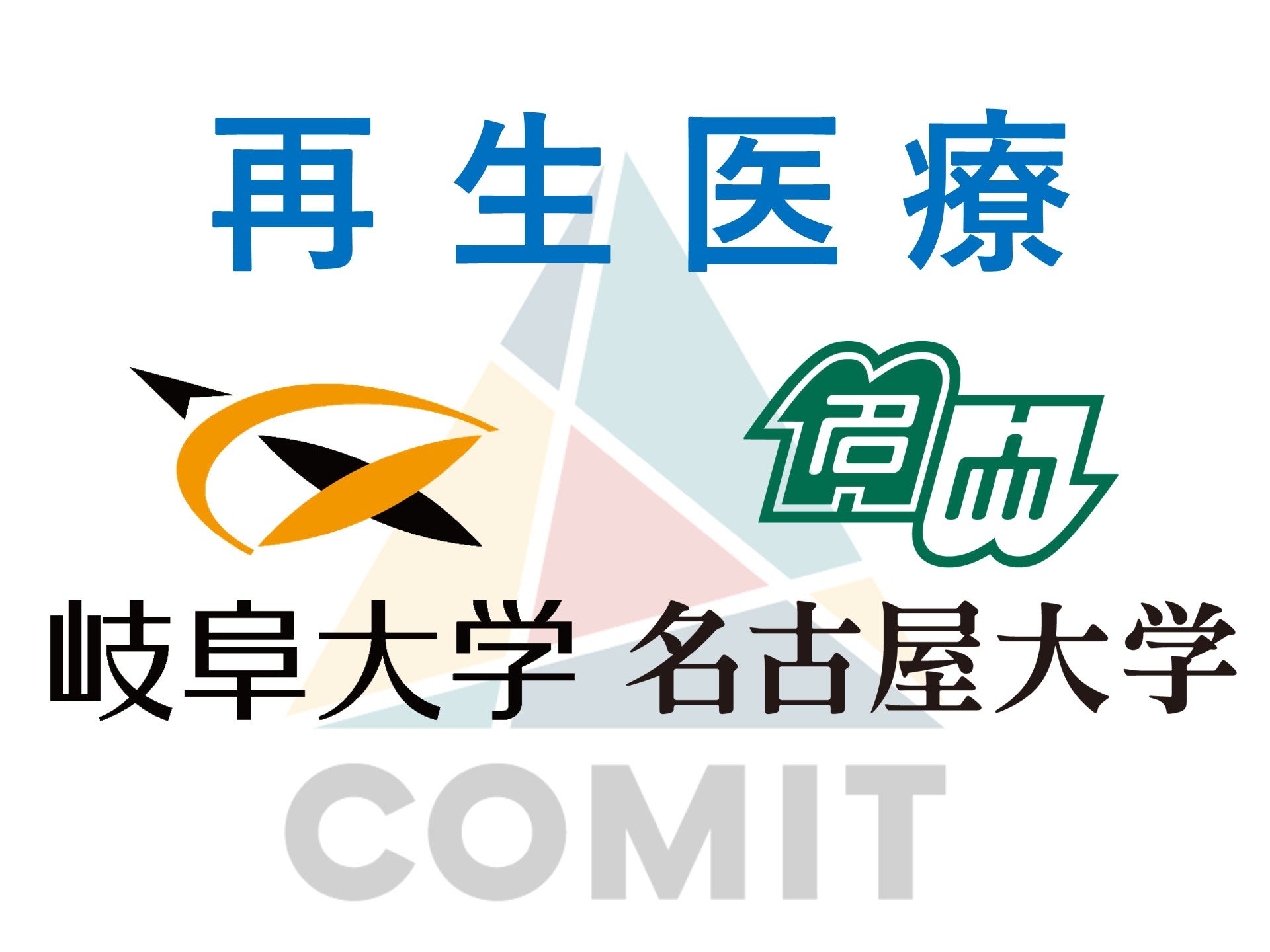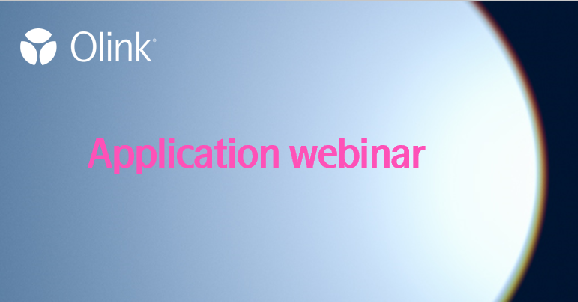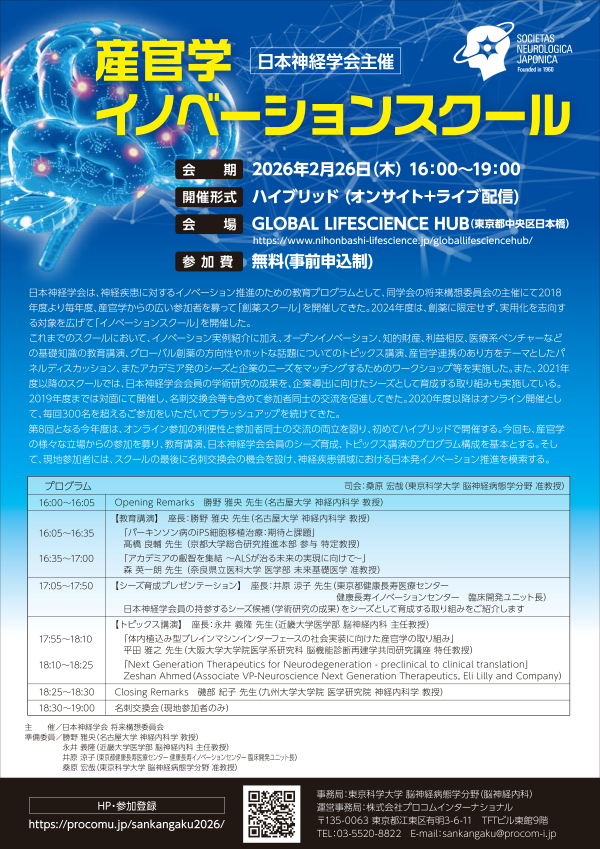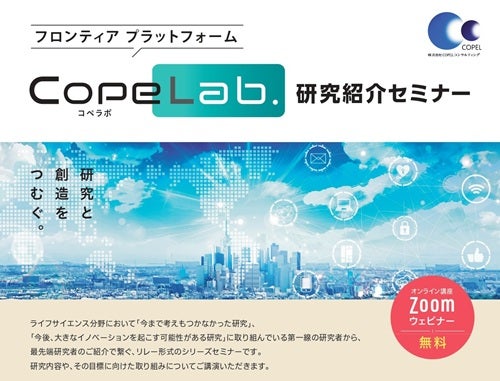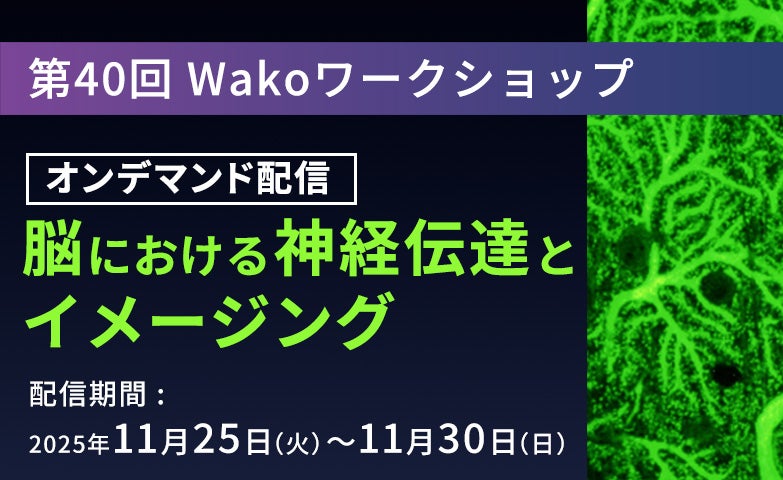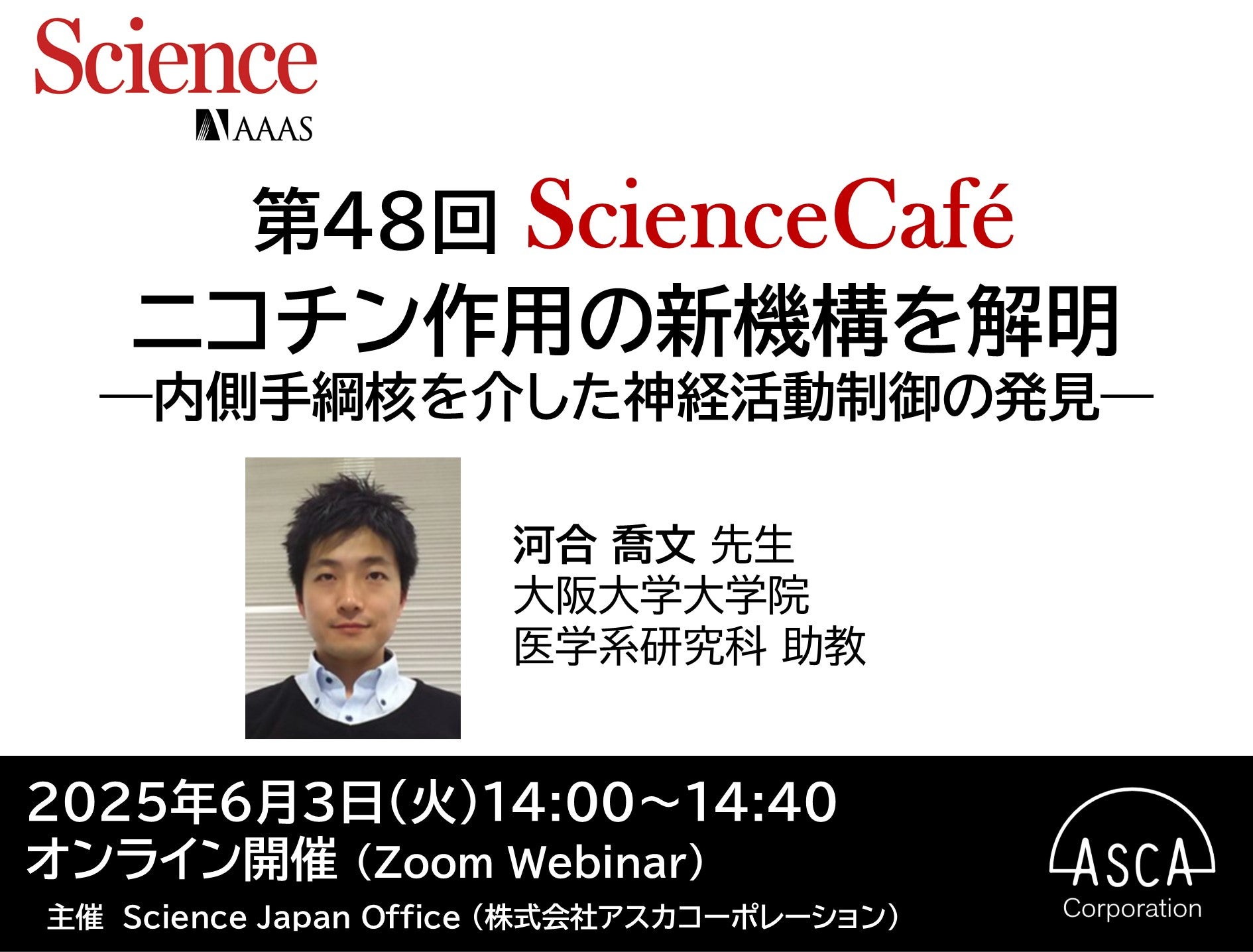LINK-J & UCサンディエゴ ジョイントウェビナーシリーズ 第12回 with 慶應大学
今回5回目のセッションとなるLINK-J & UCサンディエゴおよび慶應義塾大学とのジョイントウェビナーでは、UCサンディエゴのAlysson Muotri先生と慶應義塾大学の嶋田弘子先生が、脳オルガノイドを用いたヒトの神経発達や認知症のモデリングに関する最近の研究についてお話しします。このウェビナーでは両校のGert Cauwenberghs先生と岡野栄之先生がモデレーターとなり、ディスカッションを行います。
使用言語:英語
※同時通訳あり
※英語字幕利用可能(オン/オフは自由に選択できます)
※字幕は市販されているアプリを使用しており、LINK-JおよびUC San Diego、慶應大学は誤訳、訳文の欠落など、字幕に関する一切の責任は負えませんので、ご了解願います
字幕利用方法:クローズドキャプションの管理と表示
◆前回までのUCサンディエゴに関するイベントやレポートはこちらをご覧ください
日時: 2023年4月25日(火)9:00-10:15am (JST) / 4月24日(月)5:00-6:15pm(PDT)
オンライン(Zoomウェビナー)
(外部サイトが開きます)
プログラム
| Japan Time | Pacific Time | Agenda |
| 9:00-9:02 | 5:00-5:02 | Welcome - Shunichi Takahashi, LINK-J and Miwako Waga, UC San Diego |
| 9:02-9:03 | 5:02-5:03 | Brief Remarks Dr. Hideyuki Okano, MD, PhD, Professor and Chair, Department of Physiology, Keio University School of Medicine |
| 9:03-9:05 | 5:03-5:05 | Brief Remarks and Speaker Introduction Dr. Gert Cauwenberghs, PhD, Professor of Bioengineering and Co-Director, Institute for Neural Computation, UC San Diego |
| 9:05-9:30 | 5:05-5:30 | Presentation - "Modeling Human Neurodevelopment With Brain Organoids" Dr. Alysson Muotri, PhD, Professor of Pediatrics and Cellular & Molecular Medicine; Co-Director of Stem Cell Program, UC San Diego |
| 9:30-9:34 | 5:30-5:34 | Q&A - moderated by Dr. Cauwenberghs |
| 9:34-9:35 | 5:34-5:35 | Speaker introduction - Dr. Okano |
| 9:35-10:00 | 5:35-6:00 | Presentation - "Modeling Alzheimer’s Disease and Tauopathy in Forebrain Organoids" Dr. Hiroko Shimada, PhD, Project Assistant Professor, Department of Physiology, Keio University School of Medicine |
| 10:00-10:14 | 6:00-6:14 | Q&A and Discussion - moderated by Drs. Okano & Cauwenberghs |
| 10:14-10:15 | 6:14-6:15 | Closing Remarks - S. Takahashi |
Presentation Abstracts
Dr. Muotri's talk
"Modeling Human Neurodevelopment with Brain Organoids"
The complexity of the human brain, with thousands of neuronal types, permits the development of sophisticated behavioral repertoires, such as language, tool use, self-awareness, symbolic thought, cultural learning, and consciousness. Understanding what produces neuronal diversification during brain development has been a longstanding challenge for neuroscientists and may bring insights into the evolution of human cognition. Human pluripotent stem cells could differentiate in specialized cell types, such as neurons and glia. Moreover, induced pluripotent stem cells can be achieved from living individuals by reprogramming somatic cells that would capture their entire genome in a pluripotent state. From this pluripotent state, it is possible to generate models of the human brain, such as brain organoids. The reconstruction of human neural network activity in a dish can help to understand how neural network oscillations vary between normal and disease states. Our findings suggest a potential bridge to the gap between the microscale in vitro neural networks electrophysiology and a non-invasive electroencephalogram.
Dr. Shimada's talk
"Modeling Alzheimer’s Disease and Tauopathy in Forebrain Organoids"
It is known that the human cellular models of Alzheimer’s disease (AD) and tauopathy can only recapitulate the very early stage of the disease. To overcome these limitations, we developed a technology to make forebrain organoids (FBOs) from feeder-free induced pluripotent stem cells (iPSCs) by regulating a FGF2 concentration and applied this method to generate FBOs from patients with familial AD (fAD FBOs). The obtained fAD FBOs recapitulated the amyloid-b pathology and increased tau phosphorylation but not tau aggregates. To fully induce the tau pathology, FBOs were injected with adeno-associated virus (AAV)-expressing P301L mutant tau. In these Tau-P301L FBOs, tau fibrils were observed in the neuronal cell body and neurites with immunoelectron microscopy, in addition to the sarkosyl-insoluble and thioflavin S-positive phospho-tau aggregates.
Collectively, we improved culture methods for generating forebrain organoids from feeder-free iPSCs and applied AAV microinjection to recapitulate the drastic phenotype. Therefore, we finally established next generation iPSC-models of AD and tauopathy. These new models will provide novel findings in Amyloid-b and tau pathogenesis and fundamental technology to develop drugs for treatment of dementia including AD and tauopathy.
Biographies
Dr. Alysson Muotri, Professor of Pediatrics and Cellular & Molecular Medicine; Co-Director of Stem Cell Program, UC San Diego
Dr. Muotri is a professor at the Departments of Pediatrics and Cellular & Molecular Medicine at UC San Diego. He is also the Director of the Stem Cell Program and Archealization Center. Dr. Muotri earned a BSc in Biological Sciences from the State University of Campinas in 1995 and a Ph.D. in Genetics in 2001 from the University of Sao Paulo, in Brazil. He moved to the Salk Institute as Pew Latin America Fellow in 2002 for a postdoctoral training in the fields of neuroscience and stem cell biology. His research focuses on brain evolution and modeling neurological diseases using human induced pluripotent stem cells and brain organoids. He has received several awards, including the prestigious NIH Director’s New Innovator Award, NARSAD, Emerald Foundation Young Investigator Award, Surugadai Award, Rock Star of Innovation, NIH EUREKA Award, two Telly Awards for Excellence in Science Communication, among several others.
Dr. Hiroko Shimada, Project Assistant Professor, Department of Physiology, Keio University School of Medicine
Hiroko Shimada is a project assistant professor at Keio University School of Medicine. After she received her master's degree at the University of Tokyo, she worked as a researcher at a pharmaceutical company. In 2008, she began to focus on stem cell biology at Keio University School of Medicine, where she received her Ph.D. in 2013. She did postdoctoral research at the National Eye Institute, NIH for the generation of retinal organoids. She returned to Japan in 2017 and have been working on forebrain organoids to model dementia.
Dr. Hideyuki Okano, Professor and Chair, Department of Physiology, Keio University School of Medicine
Hideyuki Okano is currently Professor and Chair of the Department of Physiology at Keio University School of Medicine. He received M.D. in Physiology from Keio University in 1983. After he obtained a Ph.D. degree in Molecular Biology of Myelin-related genes and myelin deficient mutant mice from Keio University in 1988, he held a post-doctoral position at Dr. Craig Montell’s Lab at Johns Hopkins University School of Medicine. He was appointed full professor at Tsukuba University School of Medicine in 1994, Osaka University School of Medicine in 1997, and returned to Keio University Medical School in 2001 as a full professor of Physiology. He has been conducting basic research in the field of regenerative medicine including neural stem cells and iPS cells, spinal cord injury, developmental genetics, and RNA binding proteins.
He has been awarded a number of awards and honors including the Medal with Purple Ribbon in 2009, the first prize of the 51st Erwin von Bälz Prize in 2014, and the Uehara Prize in 2022. He aims to establish and provide patient-specific iPS cells and genetically modified non-human primate models for neuroscience research and to explore the pathogenic mechanisms of neurological/psychiatric disorders. Currently, he is the leader of the Brain Project in Japan (Brain/MINDS) and the President of the Japanese Society for Regenerative Medicine. In 2022, he joined the Faculty of Massachusetts Institute of Technology (MIT, McGovern Institute) as a Visiting Professor.
Dr. Gert Cauwenberghs, Professor of Bioengineering and Co-Director, Institute for Neural Computation, UC San Diego
Gert Cauwenberghs is Professor of Bioengineering and Co-Director of the Institute for Neural Computation at UC San Diego. He received the Ph.D. in Electrical Engineering from Caltech in 1994, and was previously Professor of Electrical and Computer Engineering at Johns Hopkins University, and Visiting Professor of Brain and Cognitive Science at MIT. He co-founded Cognionics Inc. and chairs its Scientific Advisory Board. His research focuses on neuromorphic engineering, adaptive intelligent systems, neuron-silicon and brain-machine interfaces, and micropower biomedical instrumentation.
He is a Fellow of the Institute of Electrical and Electronic Engineers (IEEE) and the American Institute for Medical and Biological Engineering (AIMBE), and a Francqui Fellow of the Belgian American Educational Foundation. He received the NSF Career Award, ONR Young Investigator Award, and Presidential Early Career Award for Scientists and Engineers. He served IEEE in a variety of roles including as Editor-in-Chief of the IEEE Transactions on Biomedical Circuits and Systems, Distinguished Lecturer of the IEEE Circuits and Systems Society, and ExCom VP-Elect for Technical Activities of the IEEE Engineering in Medicine and Biology Society.
参加費
無料(要事前登録)
主催
主催:LINK-J、共催:UC San Diego
